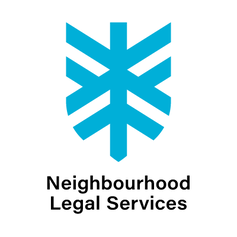|
On April 4, 1985, the Supreme Court of Canada handed down its landmark decision in the case of Singh v. Minister of Employment and Immigration [1985] 1 SCR 177. This case recognized a duty of fairness owed to refugee claimants in Canada in determining their refugee claims. To celebrate the 30th Anniversary of this internationally renowned decision, our immigration lawyer Jennifer Stone recently spoke at an event on behalf of the Canadian Council for Refugees. The following are Jennie's speaking notes from the event, discussing the continuing importance of the Singh case in light of her refugee-protection work in Hong Kong, as well as her work on the upcoming appeal in Kanthsamy v. Minister of Citizenship and Immigration. The case will be heard by the Supreme Court on Thursday, April 16. Jennie will appear before the Supreme Court as co-counsel for the Canadian Council for Refugees, an intervener in the case. The case calls upon the Supreme Court to clarify the scope of humanitarian and compassionate grounds and considerations in the immigration context. Refugee Rights Day 2015
So let’s start with Hong Kong
Current Canada experience
[1] http://www.justicecentre.org.hk/framework/uploads/2014/03/USM-Briefing-Meeting-the-Bare-Minimum-HK-New-Screening-Process-for-Protection.pdf
0 Comments
Your comment will be posted after it is approved.
Leave a Reply. |
The NLS BlogOur blog shares information with our community on legal developments and other important issues. As such we hope you'll find this blog informative - and maybe even fun. Categories
All
|
Powered by
 Create your own unique website with customizable templates.
Create your own unique website with customizable templates.
 Create your own unique website with customizable templates.
Create your own unique website with customizable templates.

